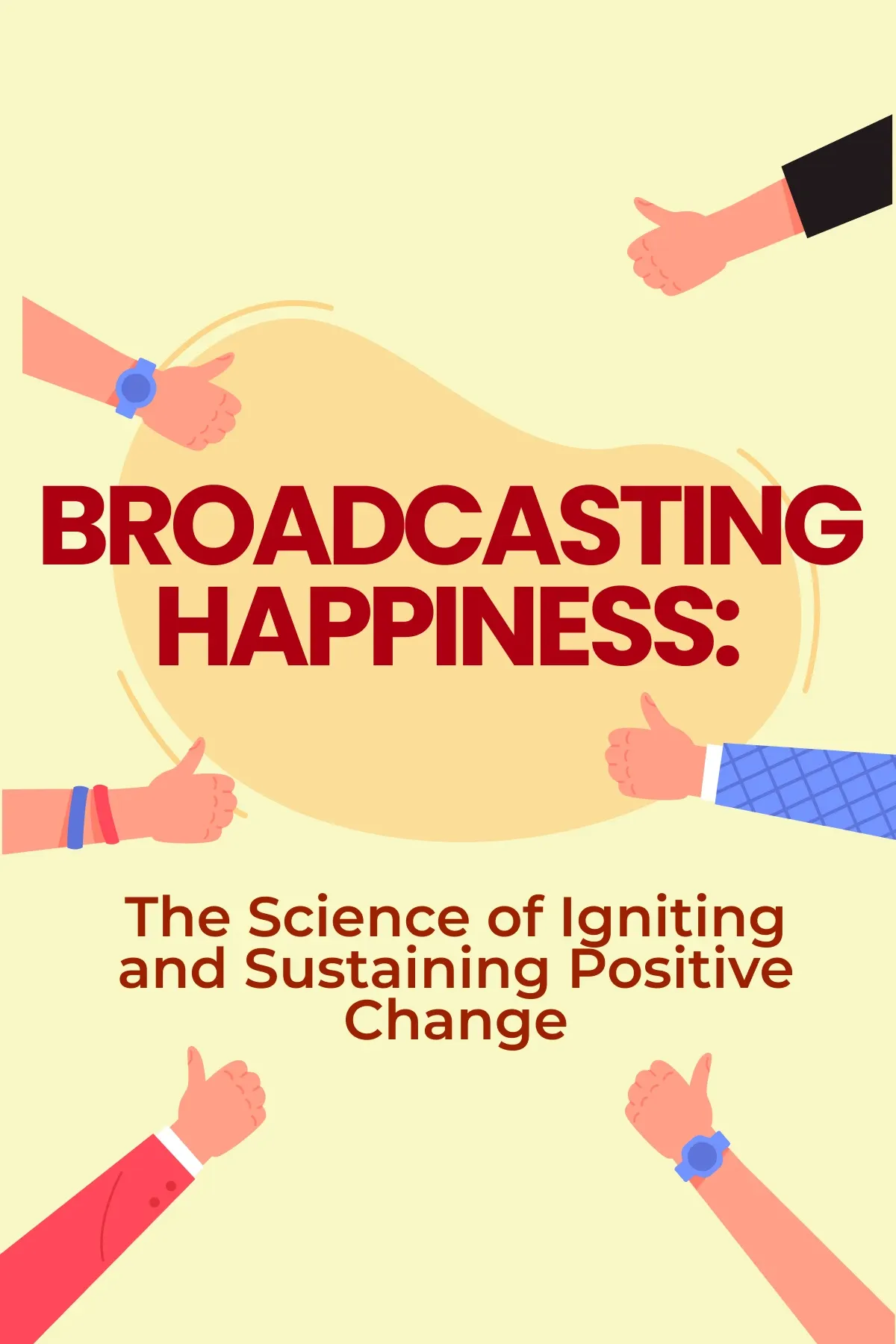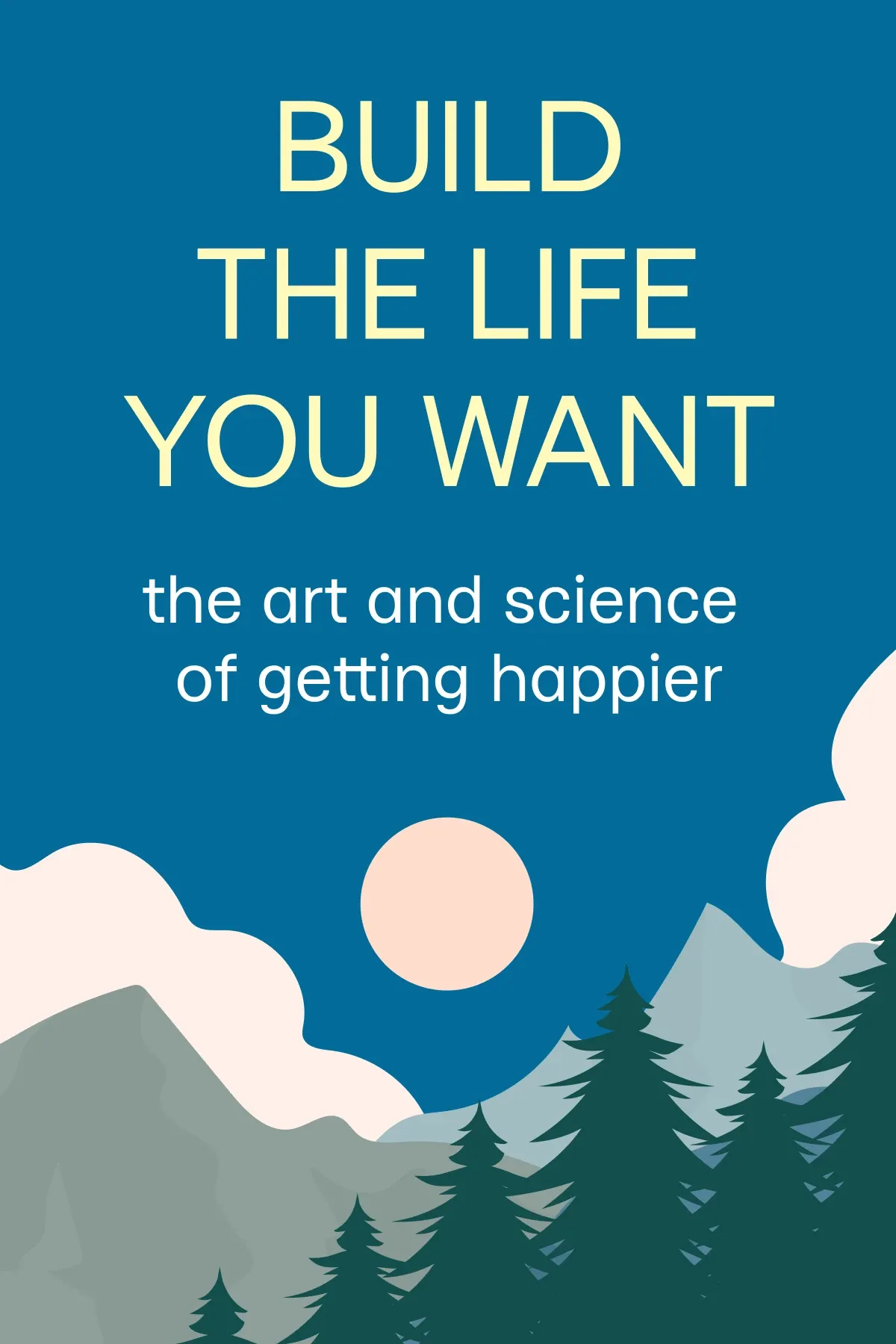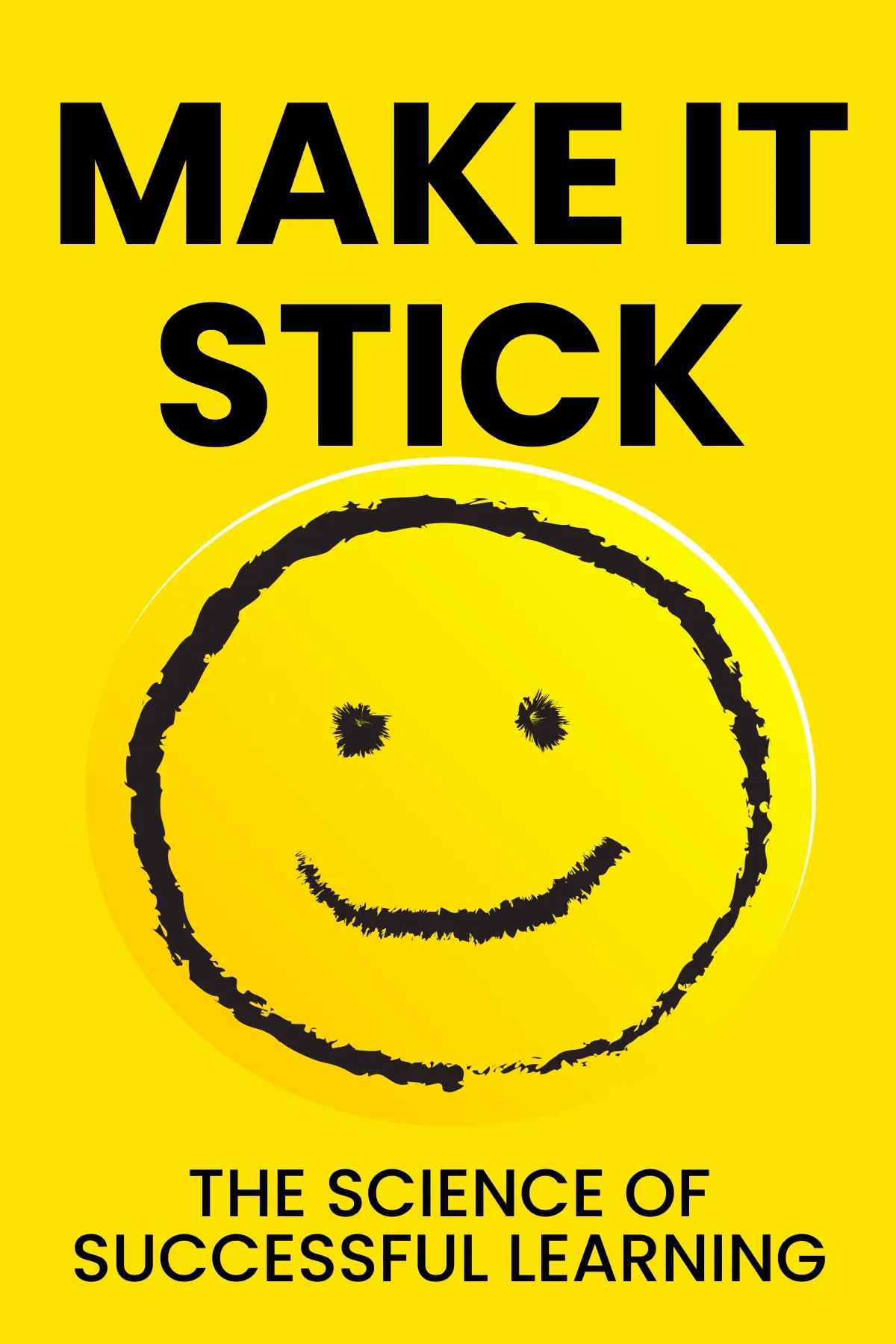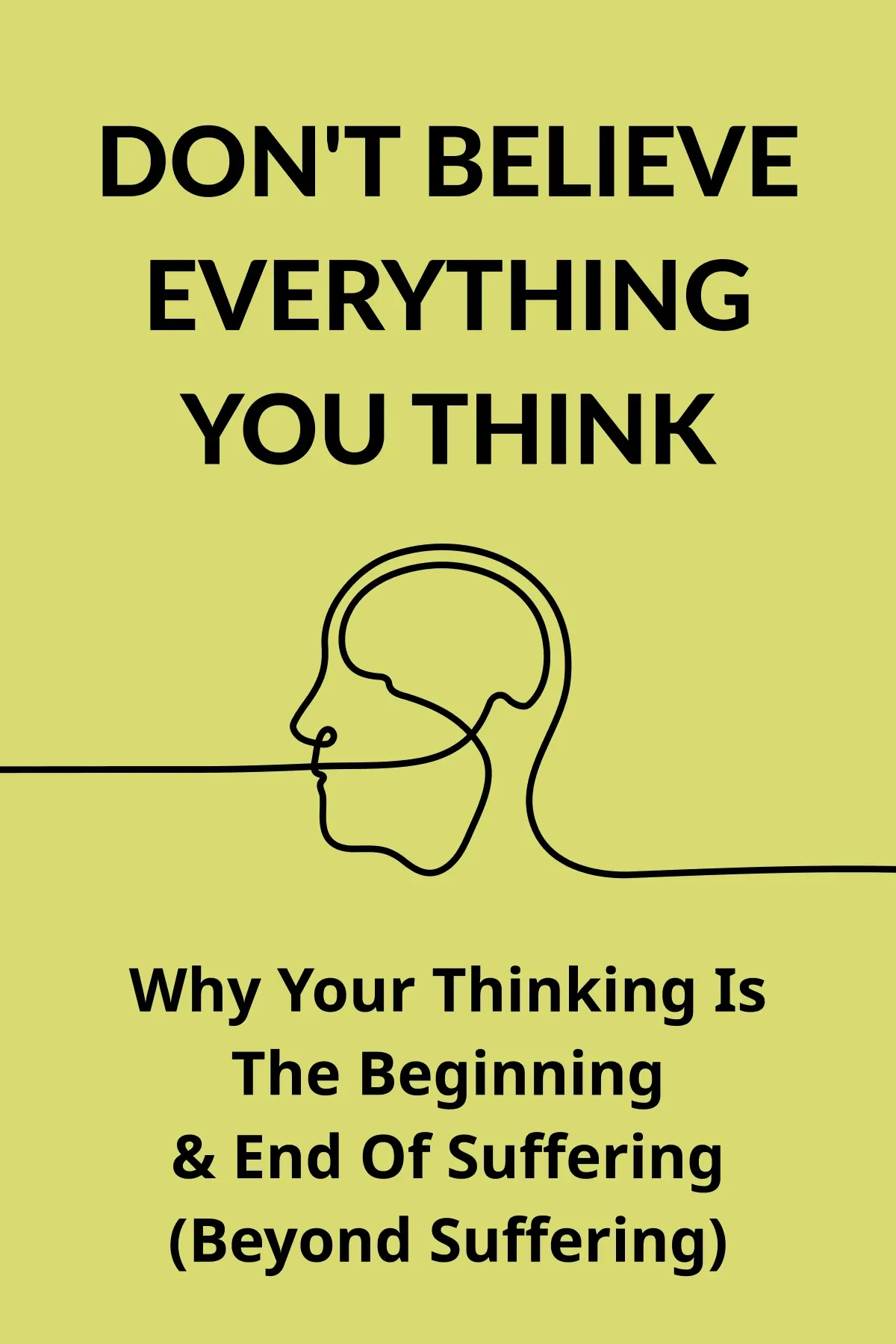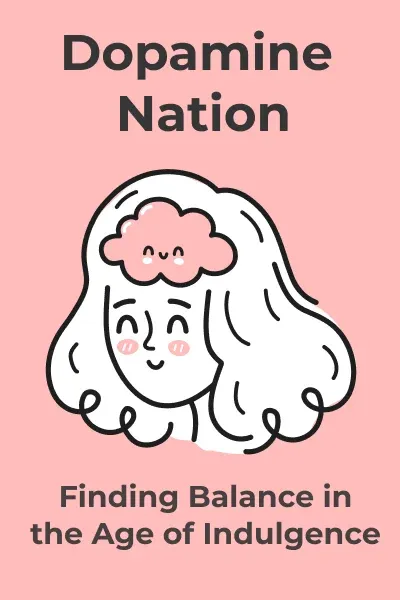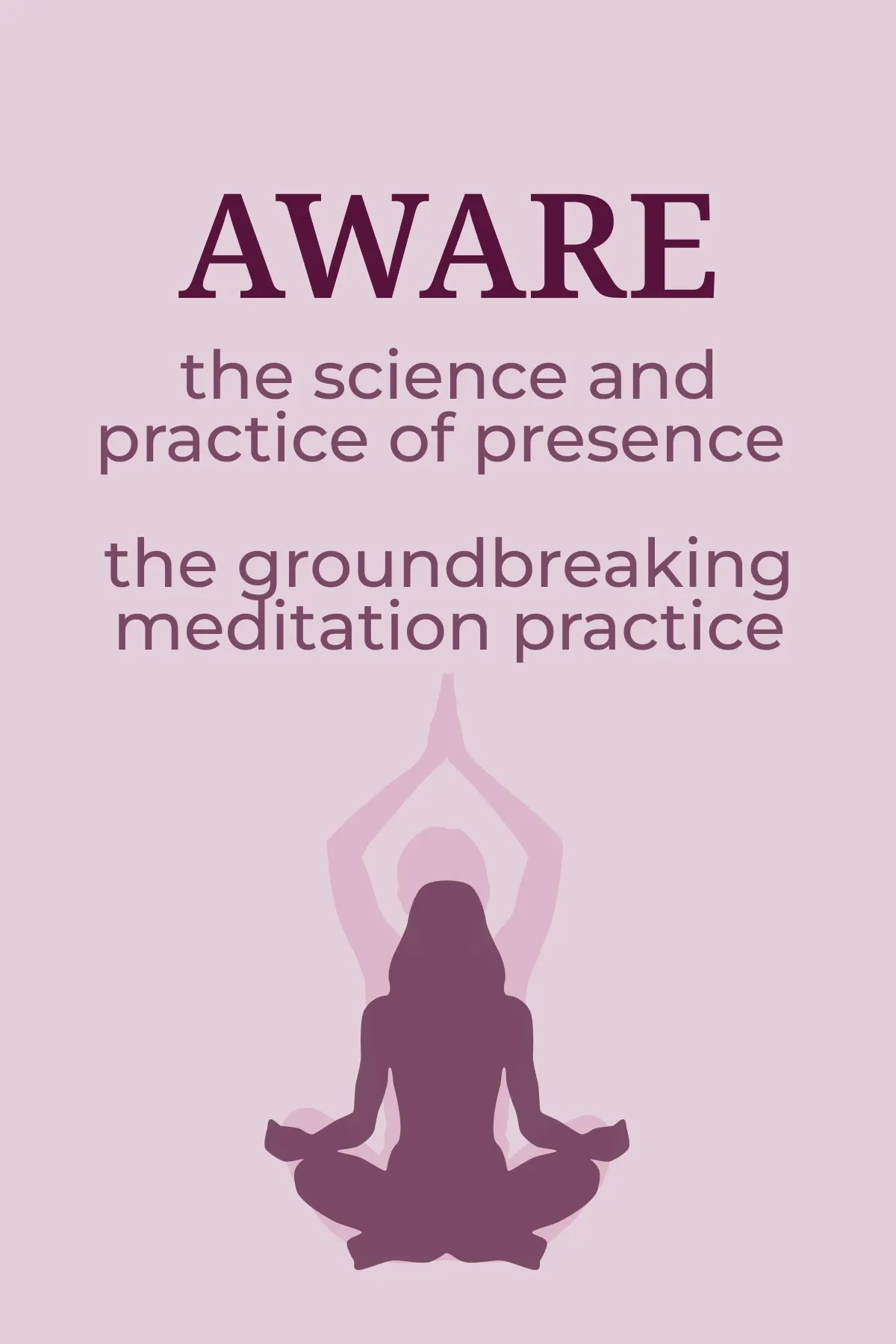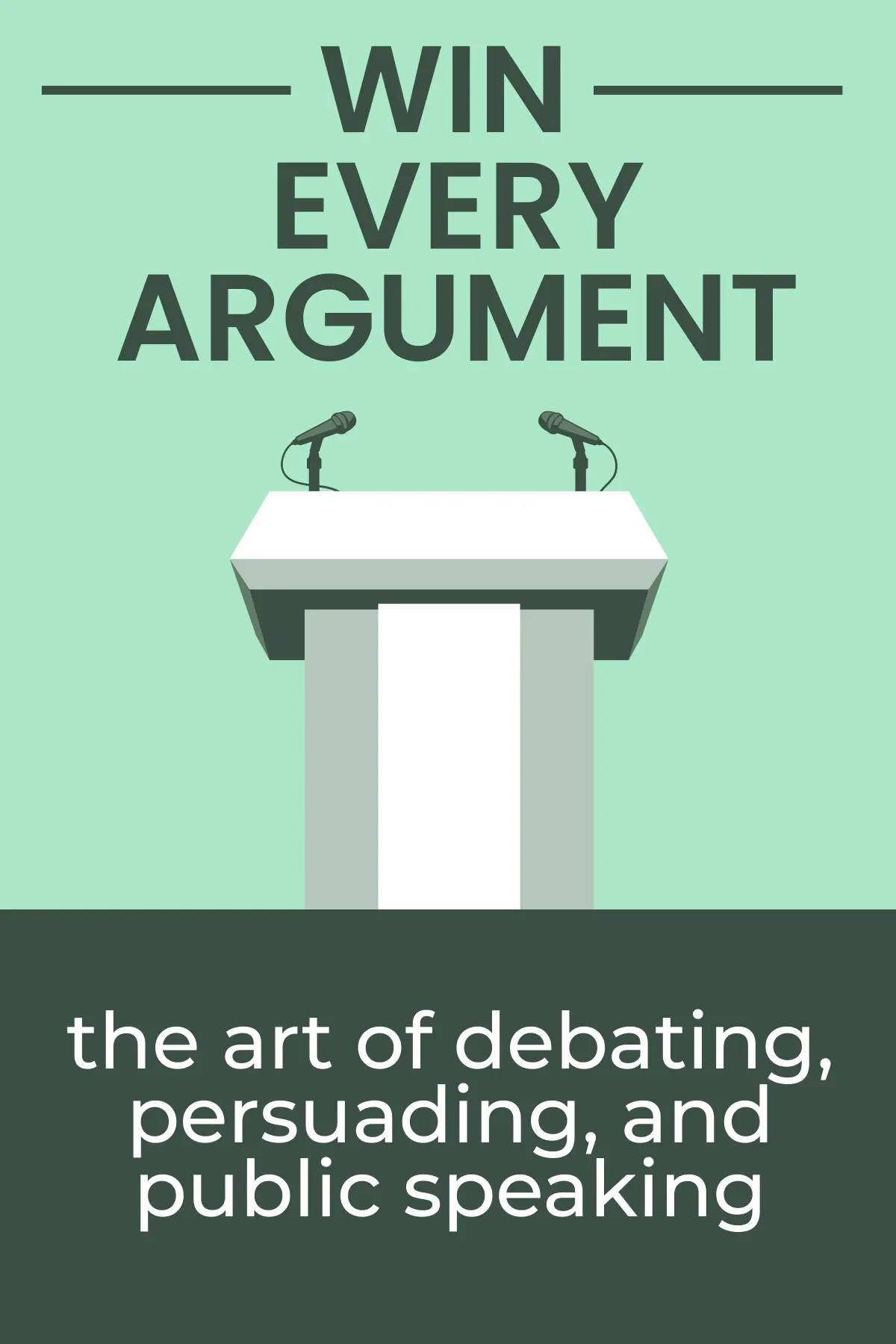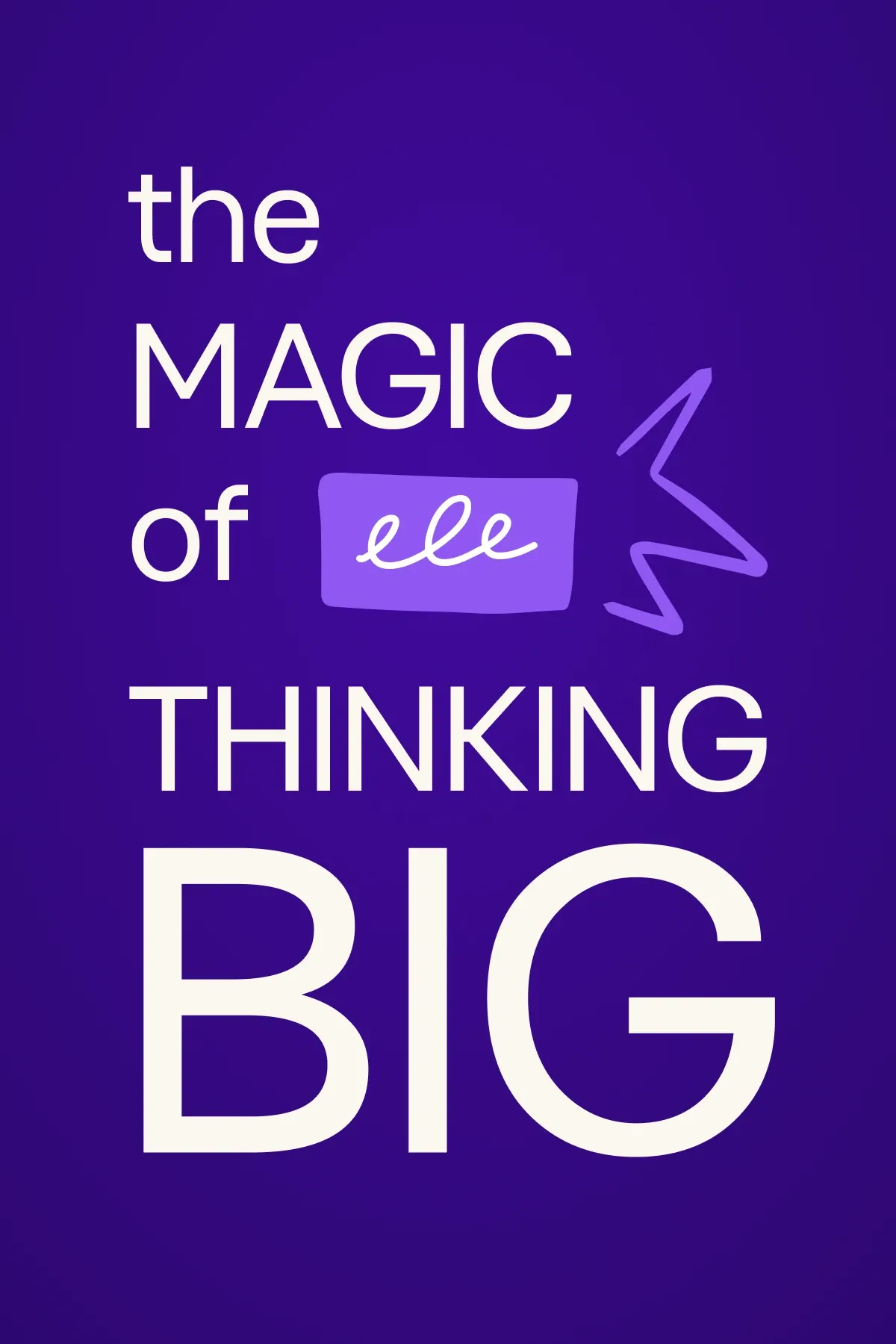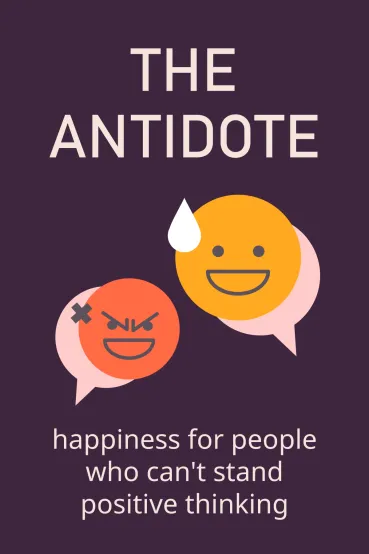
The Antidote
Brief Summary
“The Antidote” explains why the popular idea of “positive thinking” doesn’t work and can even prevent you from reaching happiness. This book explores different approaches and philosophies that teach us to accept life as it is.
Key points
Key idea 1 of 7
Recently, we have been hearing more and more about the benefits of “positive thinking.” Difficulties at work? Trouble in your personal life? An unforeseen accident? Don't be upset; change your mindset, and you will always be happy! But, as actual facts and research show, it doesn't work that way. The more people strive for happiness, the more unattainable it becomes – this paradox lies in the very nature of human psychology.
The constant desire to be happy has the opposite effect because even the slightest discomfort or anxiety is perceived as a failure. Excessive focus on achieving positive emotions makes a person ignore or even suppress negative feelings, which negatively impacts the psychological state. Imagine that you have been fired from your job, and instead of being angry and sad, which is quite normal in such a situation, you forbid yourself any negative emotions. This wouldn’t lead to a healthy acceptance.
However, happiness isn’t only about pleasant feelings but also about accepting uncertainty and sometimes unpleasant emotions. Instead of seeing negative emotions as obstacles, it is more useful to perceive them as experiences that help us become better. The modern self-help industry often reinforces the illusion that happiness can be achieved through a “magic formula” of positive thinking. But is it that effective?
Psychologist Joan Wood, who has studied the effectiveness of affirmations, has shown that statements such as “I am successful,” “I am attractive,” or “I am smart” do not help people with low self-esteem. Actually, these affirmations even cause them to have more complexes and frustration. For these people, repeating such phrases reminds them of the difference between their imagined and real states. This gap between the real self and the desired image traps them in a place where positive affirmations become a source of even more stress.
These facts prove that happiness is not a product of forced optimism, but the result of a calm and conscious acceptance of life in all its manifestations. That's why if you feel angry or worried, don't ban these emotions as negative. Only by opening up to the full spectrum of emotions, without rejecting anxiety or sadness, can you find balance and experience true satisfaction.
FAQ
You may also like these summaries


